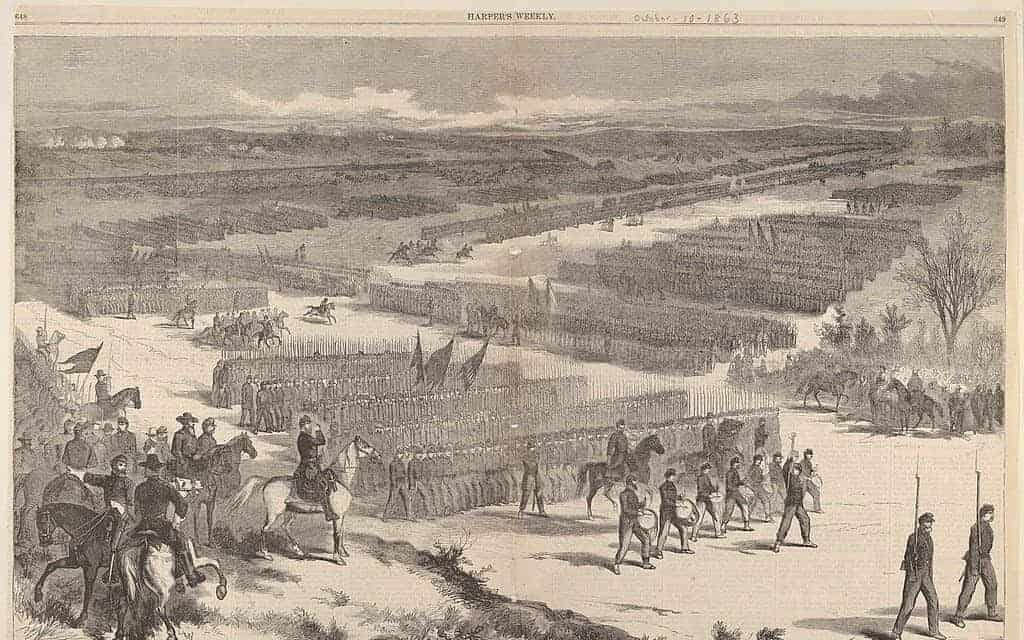
Veterans of The War of 1812
In the opening years of the 19th century Europe was embroiled in the Napoleonic Wars. The British Navy grew as it struggled to contain the French by blockading the ports of Europe and the French retaliated with what was called the Continental System. British ships left English ports with mostly British crews provided by press gangs yet were usually undermanned. They made up this deficiency by stopping ships on the high seas and impressing some of the crews. Among the ships which the British stopped were those flying the American flag.
This British highhandedness on the open seas was one of the principal reasons for the War which broke out between the British and the Americans in 1812, but it was not the only one. War Hawks wanted yet another opportunity to seize part of British Canada. Americans believed that the British were inducing the Indians on the frontier to raid settlements. America entered the war with a small but professional Navy and a small army. When the war began the Navy continued to recruit in the manner it always had, Captains were responsible for manning their own ships.
The Army recruited in the manner it had during the Revolutionary War, by promising enlistment bonuses, pay for service, and pensions for those who served after the war was concluded. Those killed in the war would find their families cared for afterwards, and those disabled would be the beneficiaries of a benevolent government in gratitude for their service and sacrifice. When the War of 1812 began the US Army, authorized for a strength of 35,600 men actually contained only 11,700 soldiers, just under half of them recent recruits. By the end of the war the Army was at full authorized strength.
Whether the War of 1812 was an American victory depends on one’s point of view. What is indisputable is that every year of the war the American economy grew, despite the pressures placed upon it by the British blockade and the price of maintaining armies in the field and the Navy at sea. What is also indisputable is that the soldiers who fought it and their families received nothing from the federal government after the war. No pensions were paid to veterans who fought, there was no compensation for disabilities, and there was no compensation for the families of men who were lost in battle or disease (which took far more lives than bullets).
It was not until 1871, almost half a century later, that the veterans of the War of 1812 received any sort of compensation for their sacrifices. Then they were included in a plan to help veterans of the Mexican War, who themselves had to wait for 25 years before they received any form of help from the government in compensation for their services. By the time the War of 1812 veterans and their families received what they had been promised when they were recruited most of them were dead, and the survivors still had to petition the War Department and wait for the bureaucracy to process their claims. Most died before they received anything.

